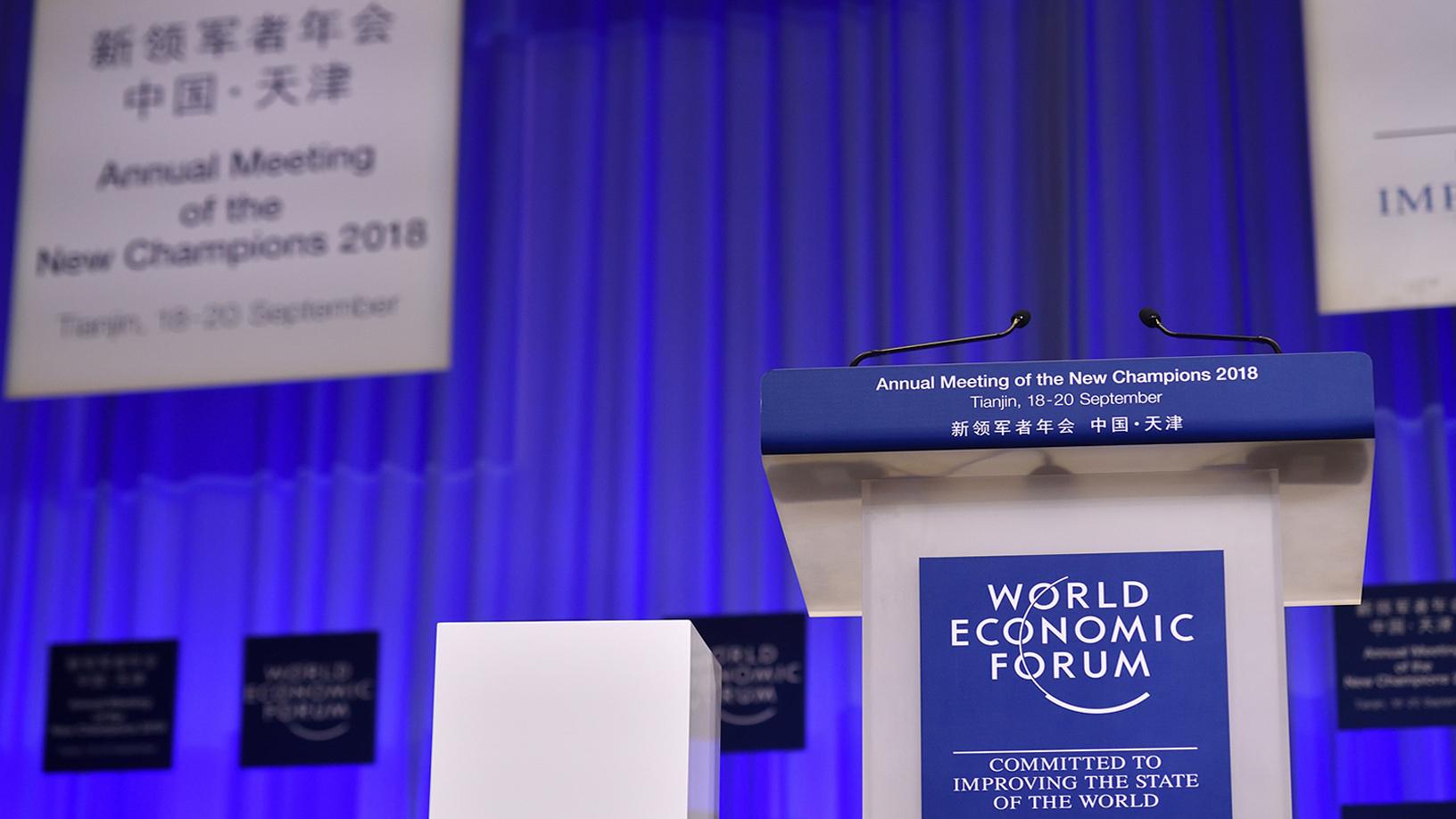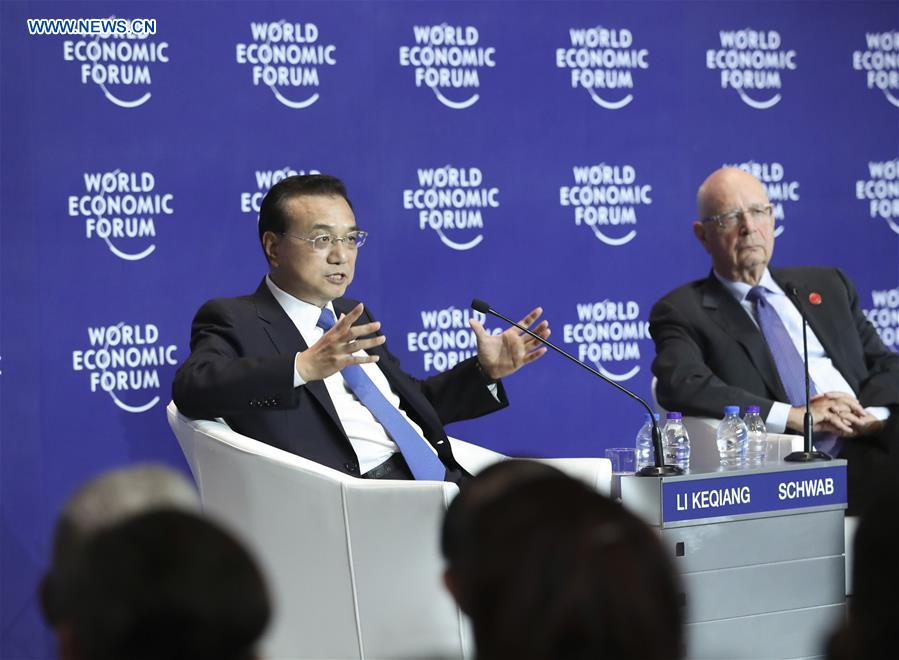
Opinions
21:53, 19-Sep-2018
Opinion: A tale of two visions
Updated
21:22, 22-Sep-2018
Einar Tangen

Editor's note: Einar Tangen is a current affairs commentator. The article reflects the author's opinion and not necessarily the views of CGTN.
Premier Li Keqiang's keynote speech to the more than 2,000 global business leaders gathered for the 12th Summer Davos in Tianjin, China, was a contrast in terms of style and vision to those of Donald Trump's.
Regarding style and outlook, Li's gave a measured discourse about an unstoppable multilateral future of shared interest and benefits, 180 degrees different from Trump's tweets demanding compliance with American supremacy and exceptionalism.
Li stayed on point with the vision Beijing has been espousing, but what was notable was his restraint. Coming on the heels of Trump's announcement that he will impose 200 billion US dollars in additional tariffs and 260 billion US dollars more if Beijing retaliated, most were expecting direct remarks about Washington's latest gambit, but none was forthcoming.
He refused to make it about personalities; the closest he came to referencing the US was an oblique mention in connection with support for multilateralism and free trade:
"It is essential that we uphold the basic principles of multilateralism and free trade. Irrespective of the room for improvement for these rules, we believe that these rules have first and foremost benefited the progress of all mankind. And for any existing problems, they need to be worked out through consultation: No unilateralism will offer a viable solution."

Chinese Premier Li Keqiang meets with world business leaders during the Annual Meeting of the New Champions 2017, also called Summer Davos, in Dalian, northeast China's Liaoning Province, June 28, 2017. / Xinhua Photo
Chinese Premier Li Keqiang meets with world business leaders during the Annual Meeting of the New Champions 2017, also called Summer Davos, in Dalian, northeast China's Liaoning Province, June 28, 2017. / Xinhua Photo
Regardless of the outcome, this will be a study in contrasts which will be discussed in classrooms for years to come. But this was no academic exercise. Li doubled down on China's vision of the future, a future which involves quickening the pace of opening-up, both its markets and thinking, in response to a changing world.
Li continued Beijing's emphasis on a multilateral world order of shared interests.
He promised regulatory and fiscal reforms, a new emphasis on SME's, technology and social development and that neither broad-based budgetary stimulus nor currency manipulation was in Beijing cards. There was no talk about retaliation, no bombast or name calling.
In the end, the future of the world will not be settled by Washington or Beijing, but by the rest of the world.
Will it be a world where the strongest nation can demand fealty and tribute from all other nations or one in which countries settle their difference with treaties and diplomacy?
(If you want to contribute and have specific expertise, contact us at opinions@cgtn.com.)

SITEMAP
Copyright © 2018 CGTN. Beijing ICP prepared NO.16065310-3
Copyright © 2018 CGTN. Beijing ICP prepared NO.16065310-3